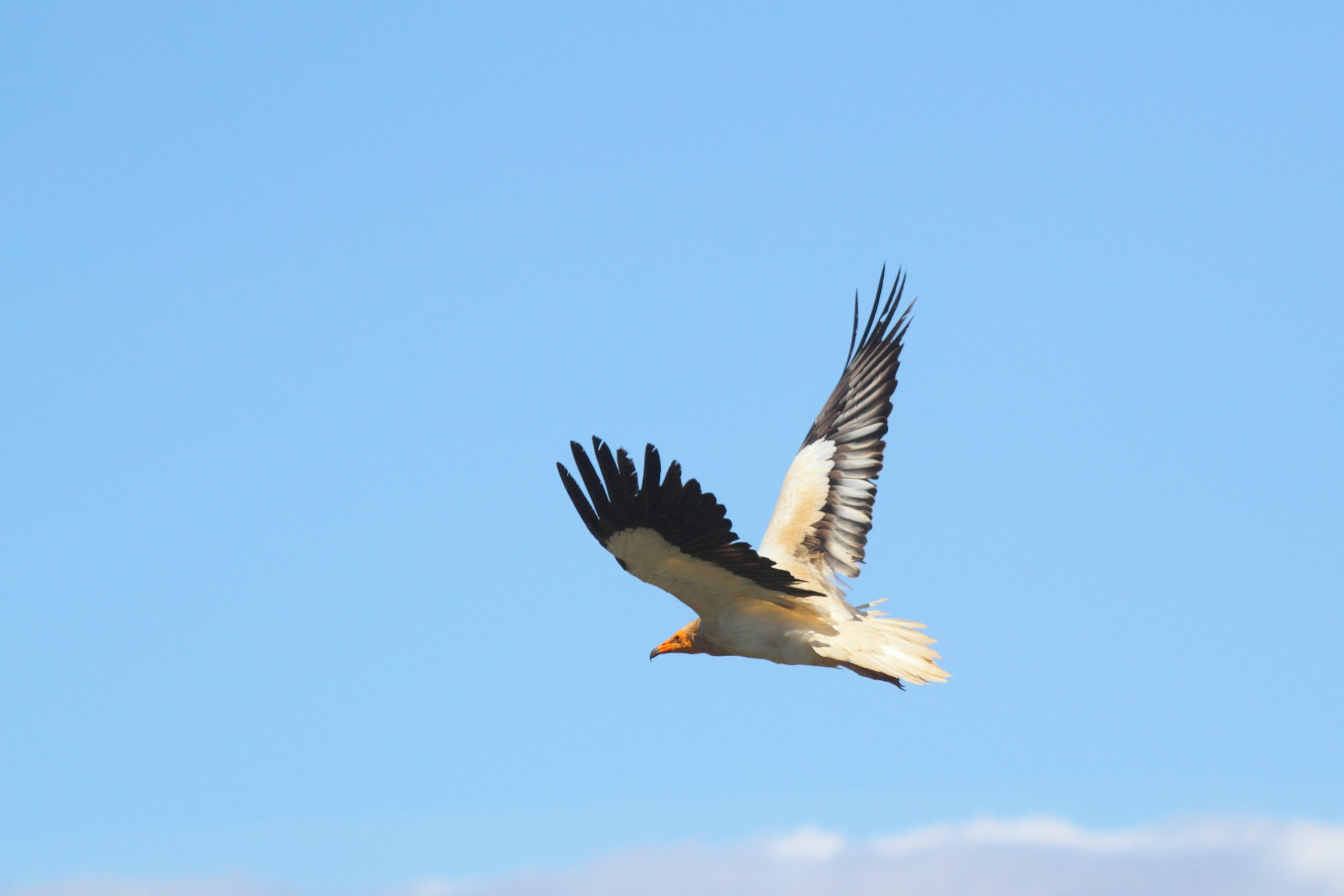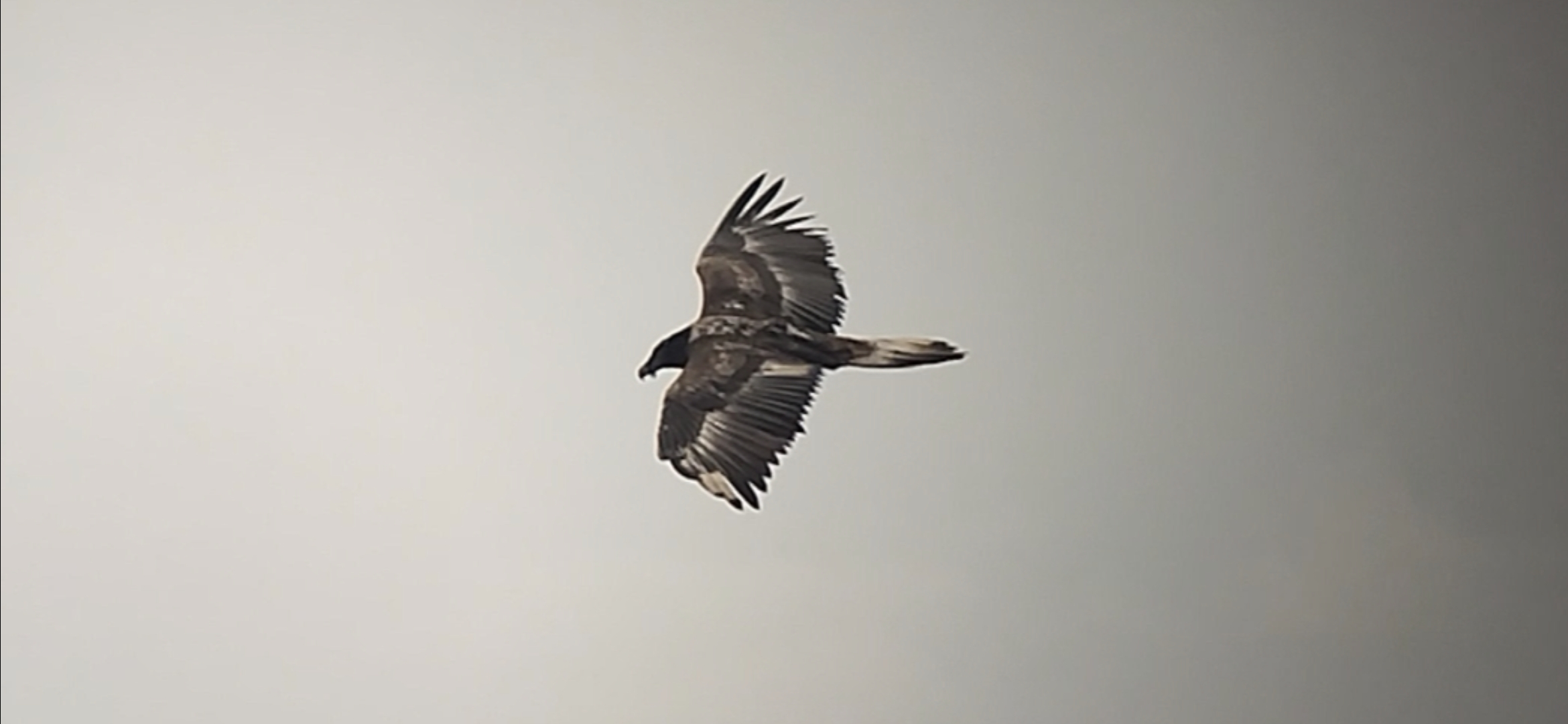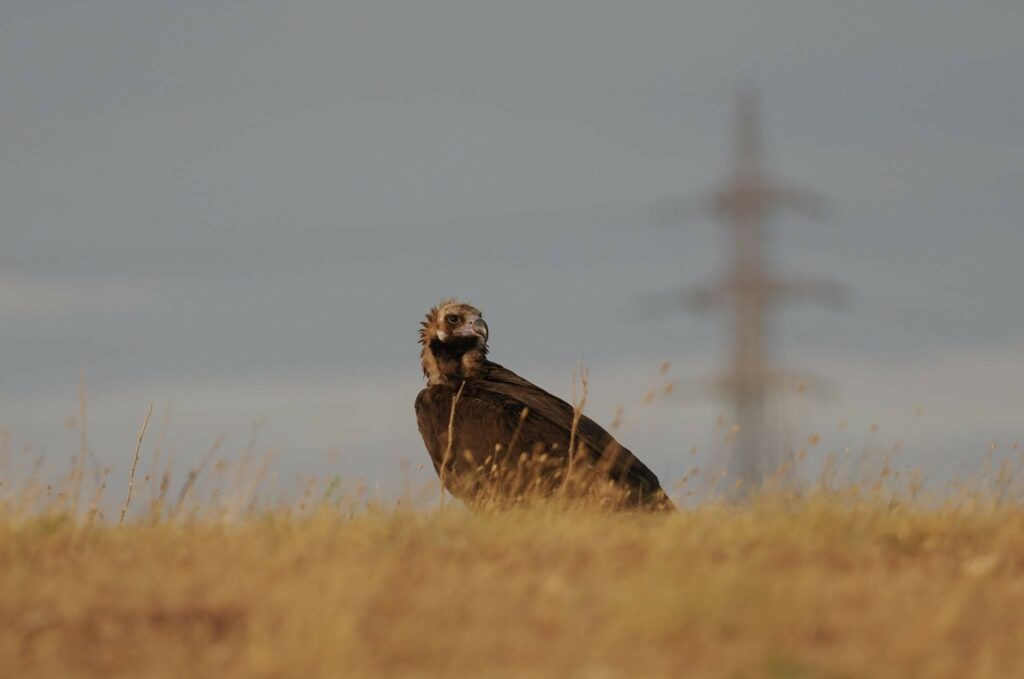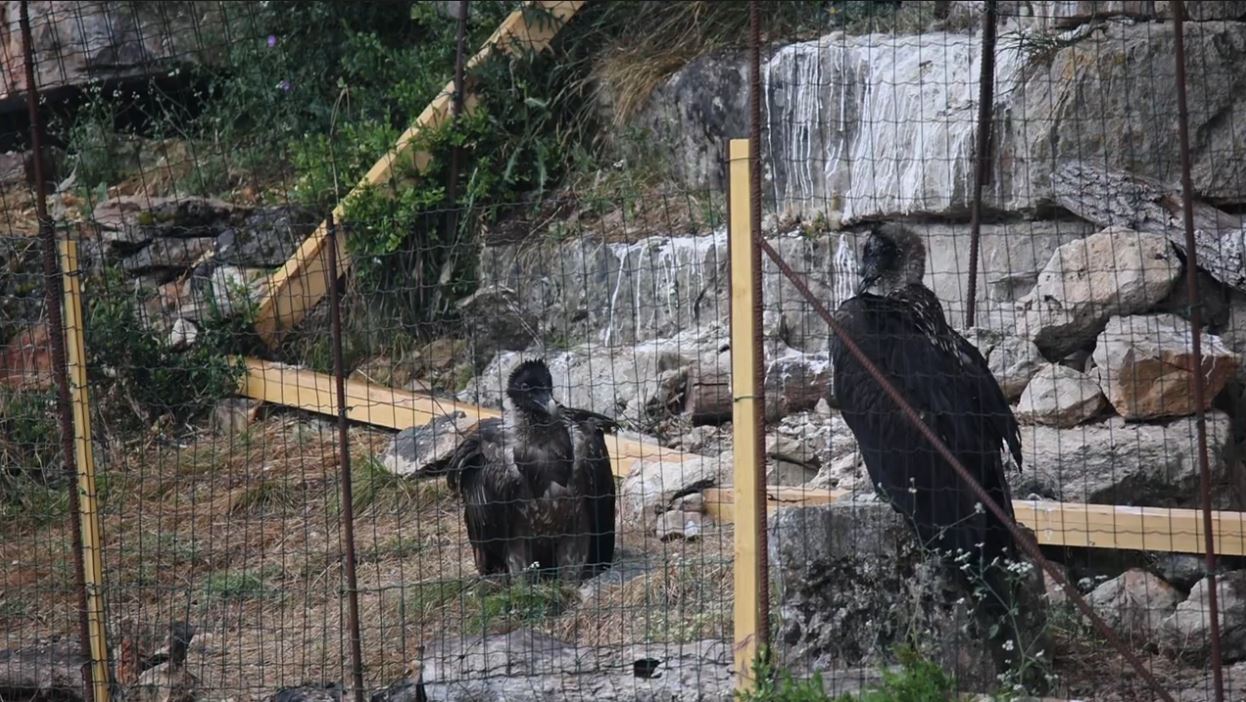
Diclofenac is a veterinary anti-inflammatory drug that kills vultures and eagles – in India it caused a 99% decline of a number of vulture species there, before eventually being banned in 4 countries in the region. There is a patent-free, non-toxic alternative with the same veterinary effects available (Meloxicam).
Quite incredibly, veterinary diclofenac has now been allowed to be used on farm animals in Europe – in Estonia, Italy and Spain for cattle, pigs and horses, and in the Czech Republic and Latvia for horses only. The drug has been marked by an Italian company named FATRO, and was allowed using loopholes in the EU guidelines to assess risk of non-steroid anti-inflammatory drugs.
The Vulture Conservation Foundation (VCF) has been leading a campaign together with other organisations, to ban veterinary diclofenac – given the risk to vultures, and the existence of an alternative, common sense suggest a precautionary approach should be taken. We have therefore asked the EU Commission to start a procedure for the withdrawal of an authorized veterinary medicinal drug which affects Community interests, Under Article 35 of Veterinary Medicines Directive (2001/82/EC).
Recently, after months of wrestling, the Commission has mandated the European Medicines Agency (EMA) to come up with a technical opinion on the matter – a de facto acknowledgment that the facts raised by the VCF are relevant. One of EMA´s first steps has been to start a public consultation on the matter, directed at all professional bodies with information about scavenging birds, veterinary practices and the disposal of animal by-products.
Now the time has come for relevant stakeholders to explain to the EMA the reality on the ground in countries like Italy and Spain, where it is virtually impossible to guarantee that vet diclofenac will not enter the vulture food chain. Even if there was a strict veterinary prescription system – this is not the case! –, the veterinaries administering the drugs can not and do not oversee the disposal of all the dead animals. In Spain pigs, lambs and goats are allowed to be left out for vultures when they die in the extensive explorations, and the reality is that animals are often consumed by vultures before farmers are aware of it. Further, whole pigs and lambs, and even pig viscera, are deposited in vulture feeding stations. Testing all the carcasses at feeding stations is simply not an option, as this is prohibitively expensive – besides, routine testing for diclofenac is not yet available in Spain and Italy! Also, in certain parts of Europe, illegal dumping of carcasses is still a real problem.
It is virtually impossible to control for the presence of veterinary diclofenac in the hundreds of kilos of carcasses, animal parts and viscera, often from industrial explorations, that are eaten every day by vultures in Italy and specially Spain, both in a natural pattern across the landscape, or in feeding stations. Scientists estimate that the carcass of a dead cow treated with diclofenac, if available to griffon vultures one week after treatment, is more than enough to kill a dozen vultures.
You can read EMA´s public consultation call here. Documents should be submitted using the template provided to vet.guidelines@ema.europa.eu by 10 October 2014.
The VCF is preparing a response, but we urge all organisations with relevant information to do the same. Please get in touch with us (info@4vultures.org) if you need some more information or a filled in template to adapt. Now it is the time for all of us to say #banvetdiclofenac!



